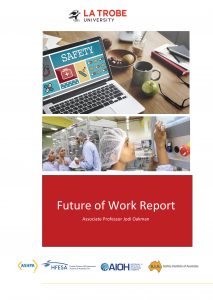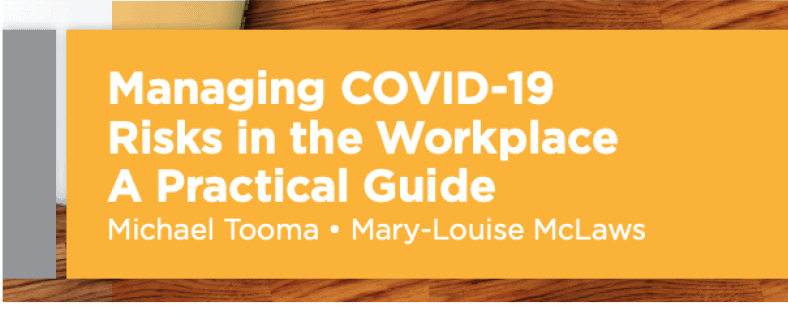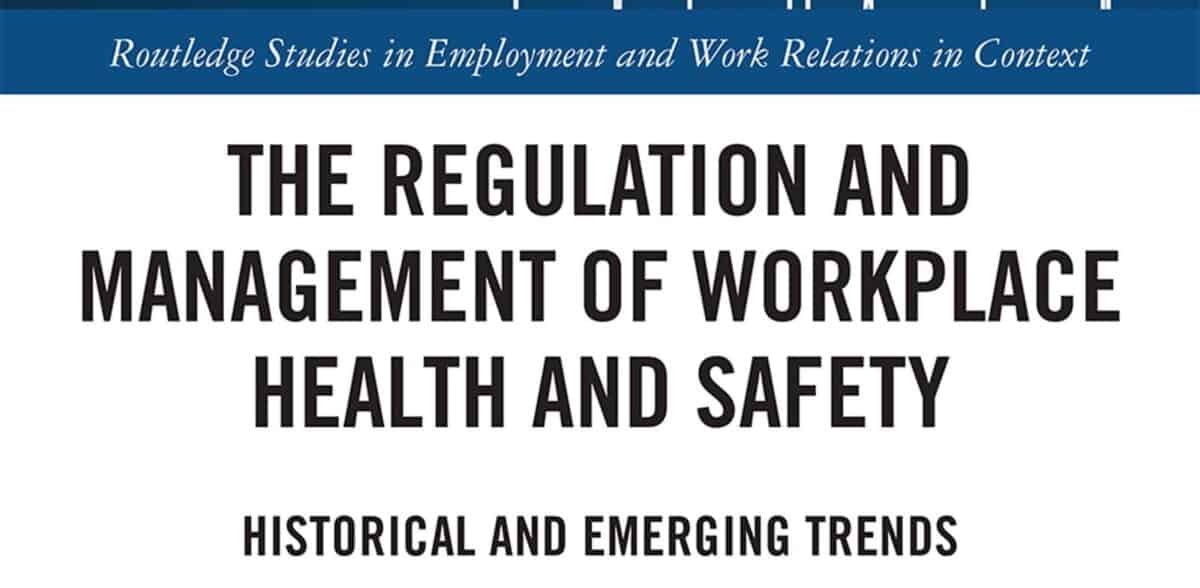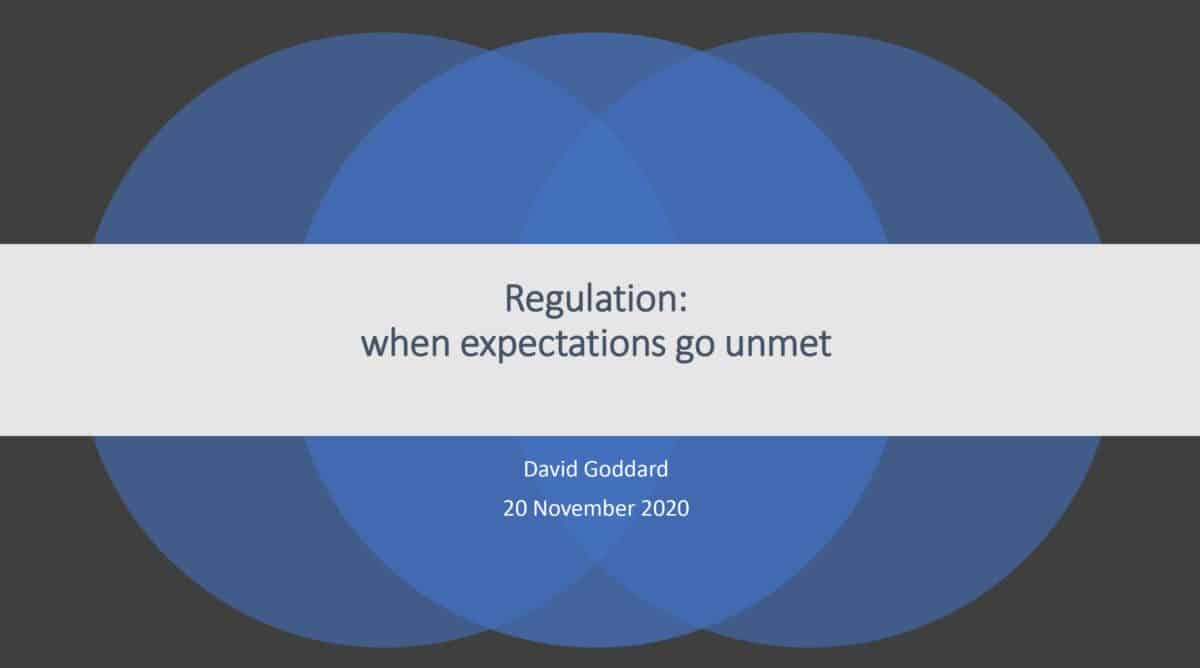It has been several months since the 23rd World Congress for Health and Safety was held in Sydney, pictured above. A major benefit of attending occupational health and safety (OHS) conferences is meeting people, old and new. I was honoured to meet Rene LeBlanc, an occupational hygienist from Canada. We had dinner on a very rainy and stormy Sydney night, and Rene agreed to an interview. Below is an edited version of part of that conversation (it was a long dinner). Rene was wide-ranging on his OHS topics.
Category: occupational
Australia is the first nation to ban engineered stone due to worker health concerns
The heads of Australian work health and safety authorities have decided to ban engineered stone from the middle of 2024. Some will seed this as a win for the trade union movement ( the unions certainly will), but many occupational health and safety and industrial hygiene professionals have been leading the way in obtaining the research evidence that made this decision such an easy one to make.
Good COVID OHS book
Late last year, lawyer Michael Tooma and epidemiologist Mary-Louise McLaws published “Managing COVID-19 Risks in the Workplace – A Practical Guide”. Given how COVID-19 is developing variants, one would think that such a hard copy publication would date. However, the book is structured on the occupational health and safety (OHS) obligation of managing risks, and whether the variant is Delta, Omicron or Omega (if we get that far), the OHS principles and risk management hold up.
Some OHS approaches need the Industrial Relations touch
Several years ago, there was a proposal to produce a book of research linked to the work and themes of Professor Michael Quinlan. That book became “The Regulation and Management of Workplace Health and Safety“, and I recently obtained an affordable copy for my Summer break. (An excellent book review has been written by Eric Tucker on which this article is based)
There are many labour and industrial relations concepts in the book, many that I had to look up – pluralism, unitarism, politicalism. Read enough industrial relations (IR) research papers, and these terms might become second nature, but occupational health and safety (OHS) texts (what few there are of them) seem simpler and blander, generally avoiding the politics of work and therefore the politics of safety. Most of the recent OHS books seem to be dominated by Leadership and neuroscience *.
Selective duty of care being applied by the Australian Government – from the archive
Yesterday’s article on Comcare’s recent charging of two organisation over workplace-related harm to others generated so much interest that I have (re)published an article from 2016 that analysed an earlier, similar issue. Please also read the comments below and consider adding your own.
Australia’s work health and safety (WHS) laws confirmed the modern approach to workplace safety legislation and compliance where workers and businesses are responsible for their own safety and the safety of others who may be affected by the work. The obligations to others existed before the latest WHS law reforms, but it was not widely enforced. The Grocon wall collapse in Victoria and the redefinition of a workplace in many Australian jurisdictions through the OHS harmonisation program gave the obligation more prominence but has also caused very uncomfortable challenges for the Australian government – challenges that affect how occupational health and safety is applied in Australian jurisdictions.
Continue reading “Selective duty of care being applied by the Australian Government – from the archive”Give Duty of Care and Workers’ Compensation a good shake
At the2020 Australia and New Zealand Society of Occupational Medicine (ANZSOM) annual scientific meeting, Dr David Goddard spoke about “Regulation: when expectations go unmet”. In a wide-ranging presentation Goddard spoke of Australia’s occupational health and safety (OHS) laws touching on a couple of contentious governance issues:
“…… Robens-inspired law introduced the employers’ general duty of care with responsibility for self-regulation. Indeed, self-regulation is essential. Without self-regulation, duty of care simply becomes a game of who to blame if things go wrong.”
The future of work and OHS – yeah, but…..
 ASHPA, the Australian Safety and Health Professional Associations has been quiet for a while but sponsored La Trobe University to undertake some research into the future of work and its impacts on occupational health and safety (OHS) professionals, hygienists, ergonomists and others. It is an interesting insight into the thoughts and perspectives of safety and health professionals but it also cries out for interpretation and analysis.
ASHPA, the Australian Safety and Health Professional Associations has been quiet for a while but sponsored La Trobe University to undertake some research into the future of work and its impacts on occupational health and safety (OHS) professionals, hygienists, ergonomists and others. It is an interesting insight into the thoughts and perspectives of safety and health professionals but it also cries out for interpretation and analysis.
The report, not yet available online, is based on the responses of 733 safety and health professionals to an online survey. The statistical profile of the profession in Australia is useful and the key findings





